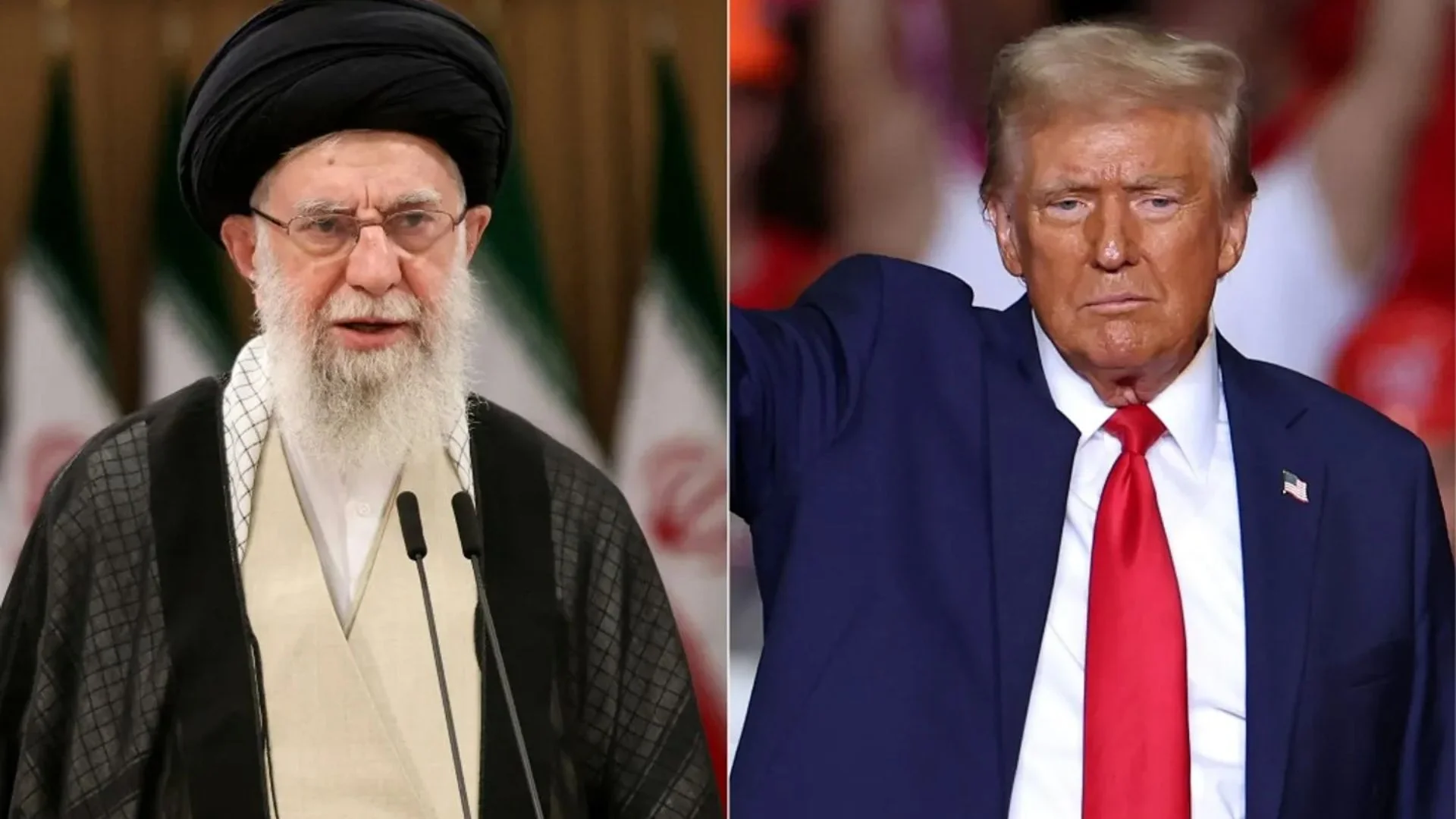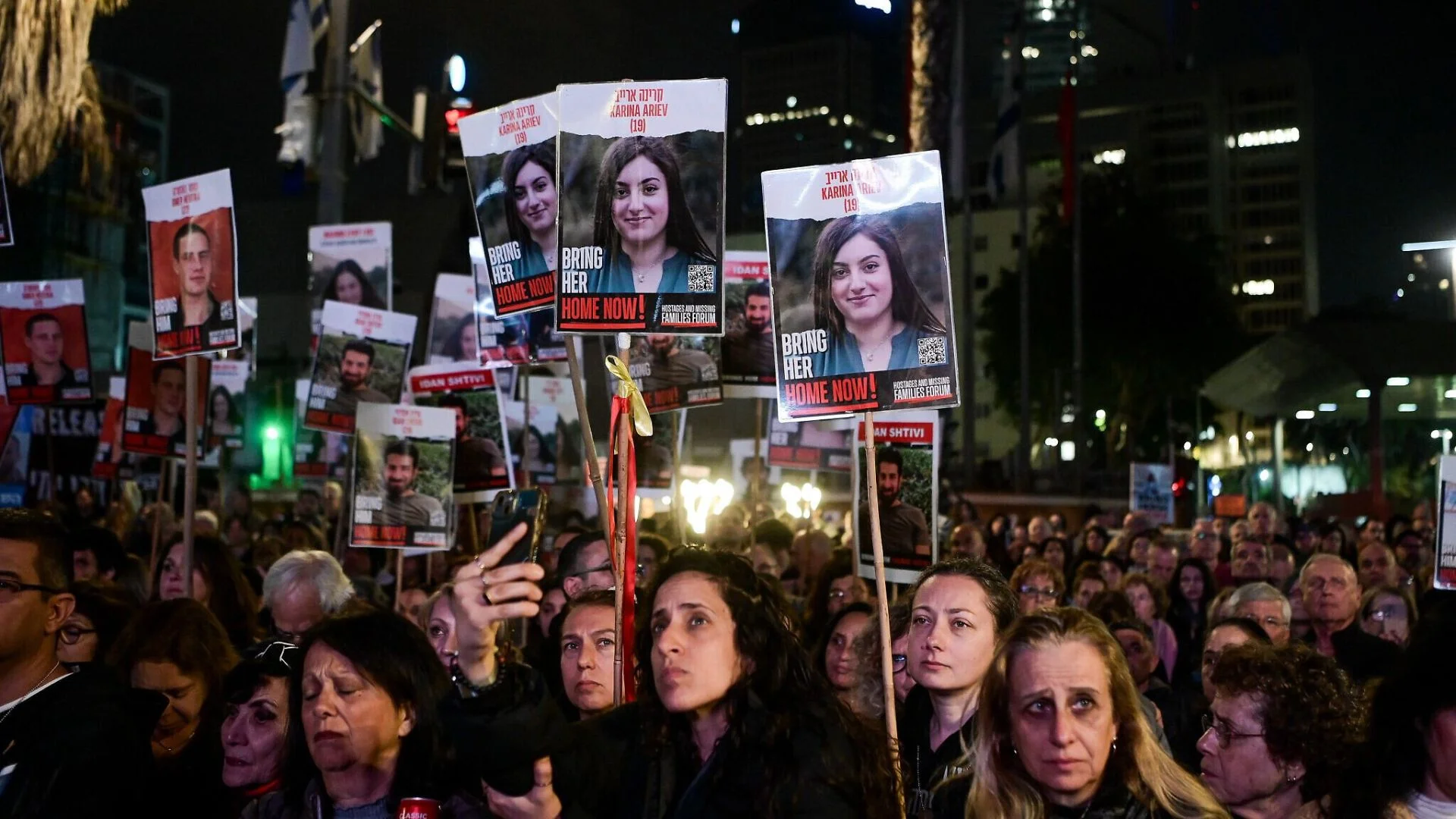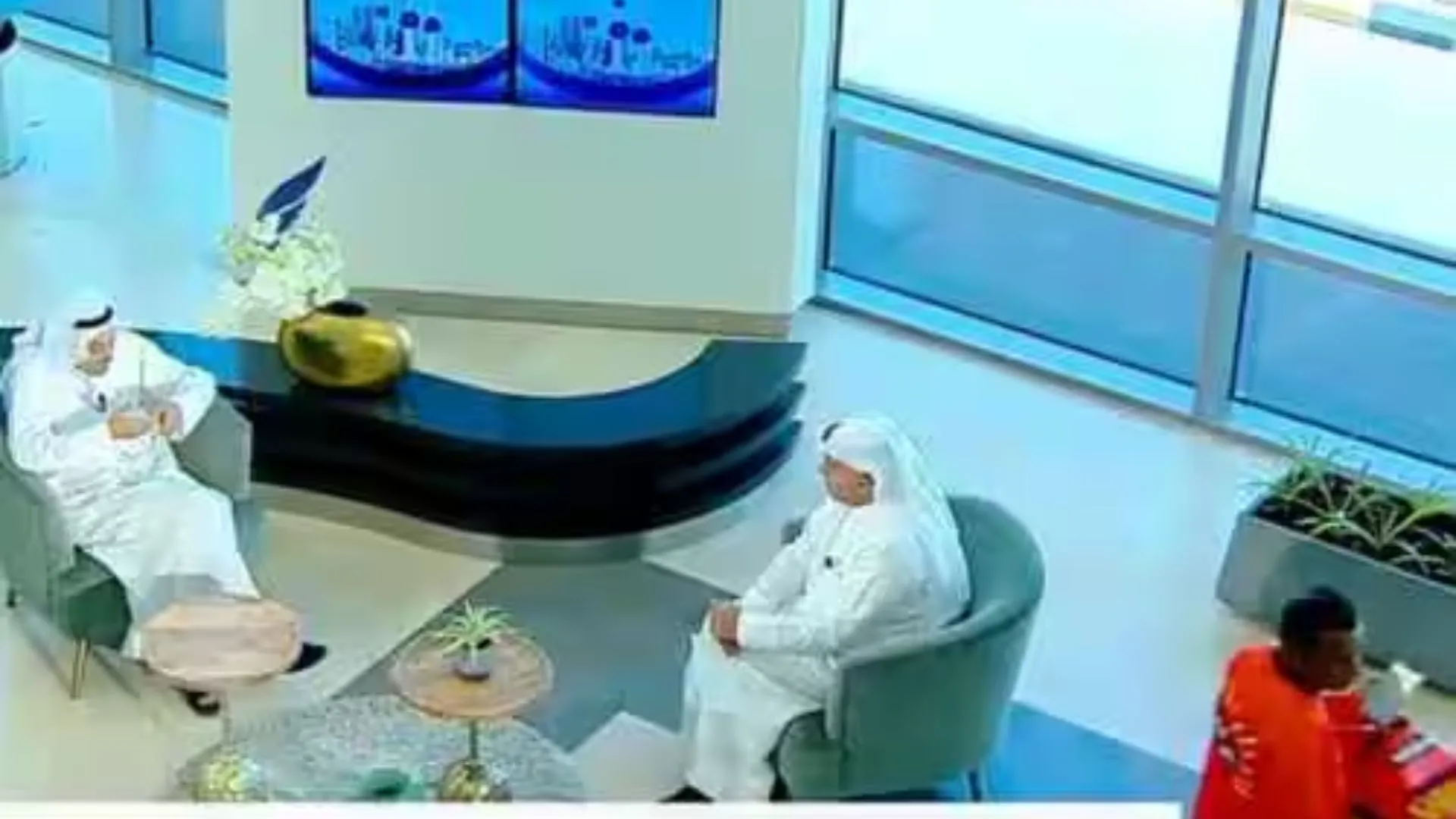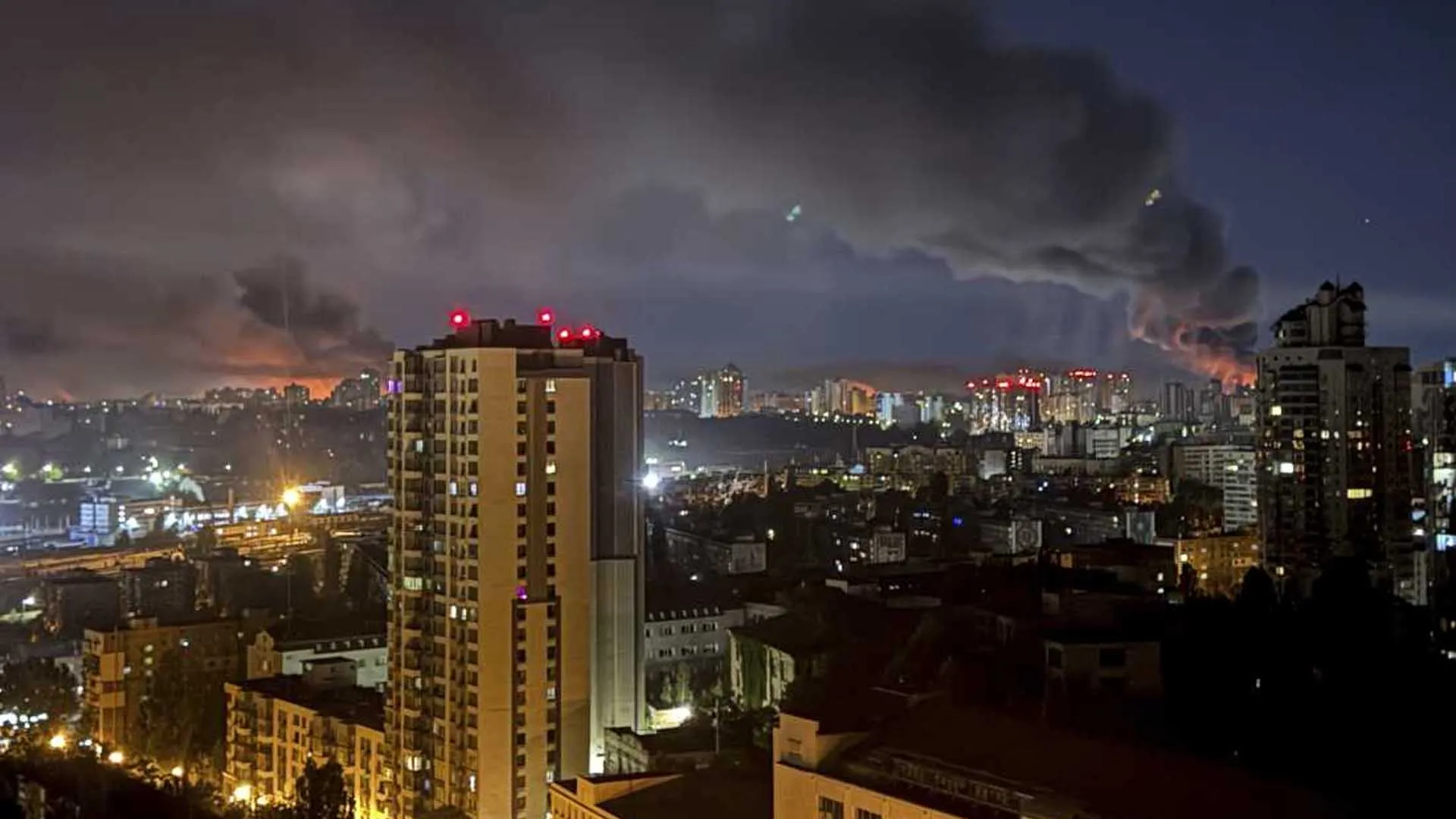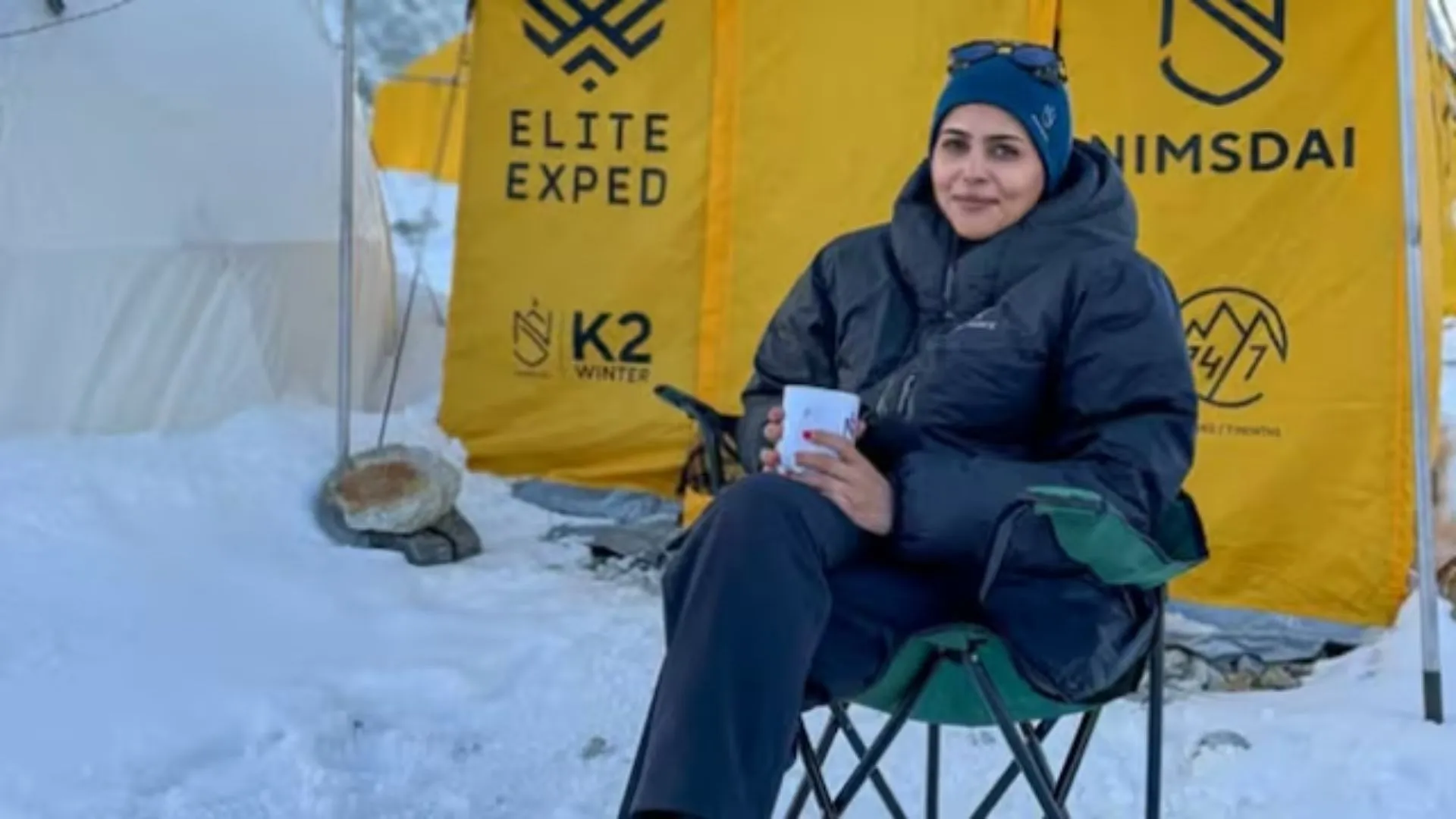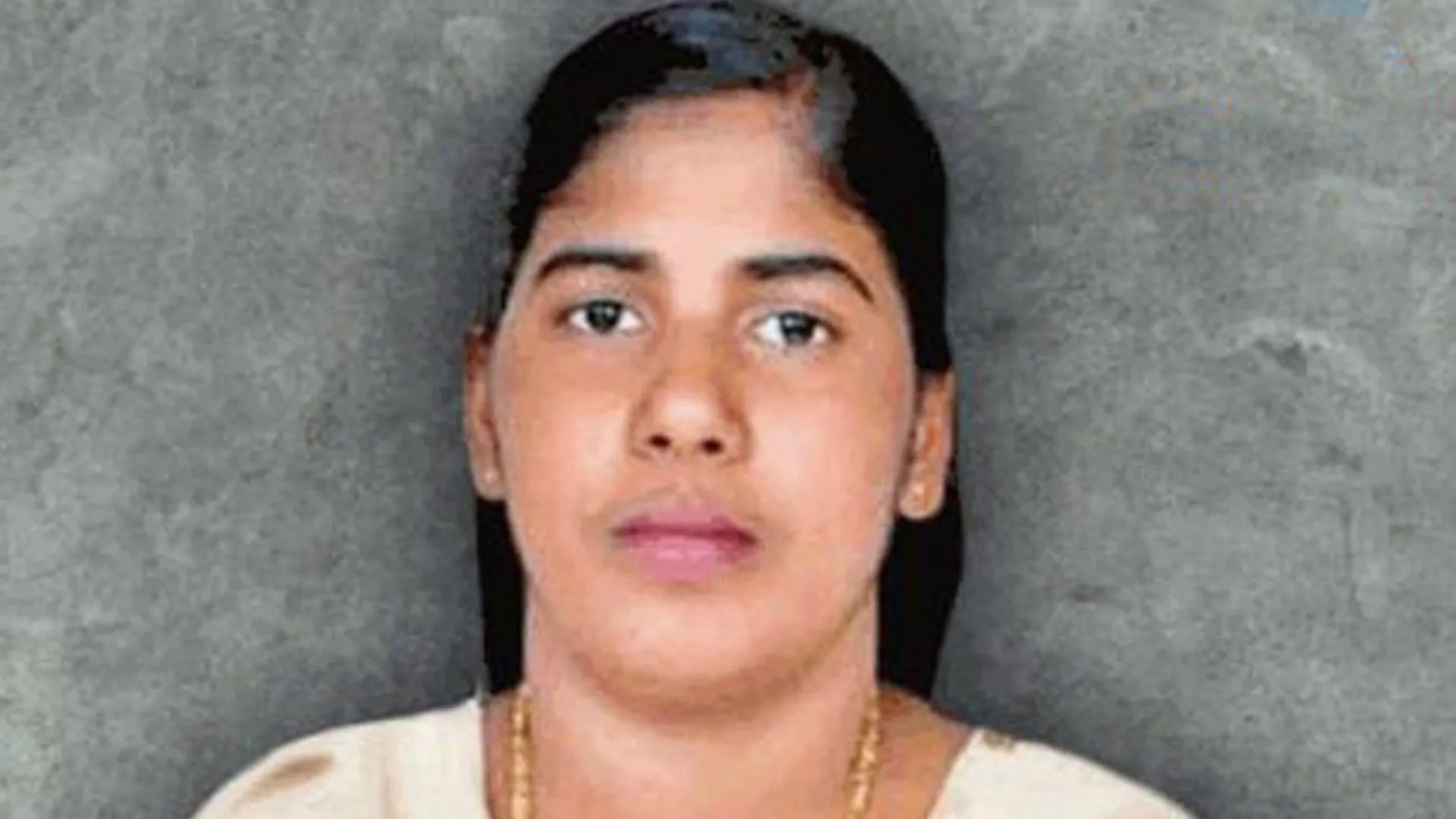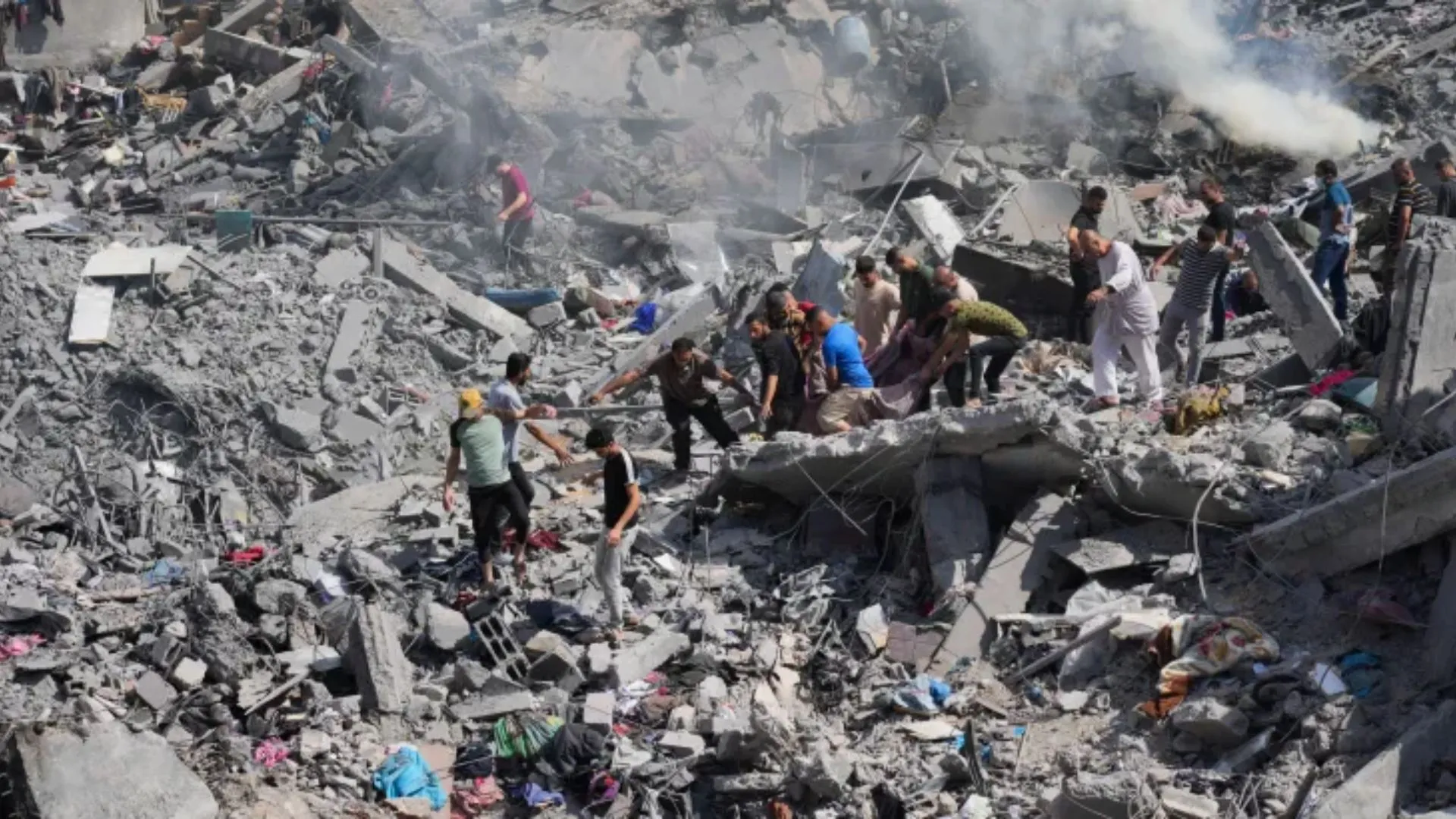Iran’s UN envoy Amir-Saeid Iravani asserted on Sunday that Tehran will not suspend uranium enrichment work, justifying the program as an inalienable right for Iran under the Nuclear Non-Proliferation Treaty (NPT). “Enrichment is our inalienable right,” Iravani explained to CBS News, claiming it is only for peaceful energy purposes.
Though showing a willingness for diplomacy, Iravani denounced Washington’s policy, declaring, “Unconditional surrender is not negotiation.” He further stated that there are presently no talks in the offing as a result of the “improper conditions” created by recent US airstrikes on Iranian nuclear installations.
Responding to allegations of threats against International Atomic Energy Agency (IAEA) inspectors, Iravani dismissed any such threats and indicated that the inspectors are still in Iran but have been withheld from visiting nuclear facilities. “They are safe, but their activities are suspended,” he stated, referring to Iran’s unhappiness with their work.
Reacting to news that Iran can export its stockpile of enriched uranium overseas if a new deal is signed, Iravani said this could be done if Iran is allowed to keep its right over domestic enrichment a stipulation the US has been resisting.
The comments of the ambassador come as mixed analyses of the effect of recent Israeli and US attacks on Iran’s nuclear sites have been made. While President Trump asserted that the strikes had “obliterated” Iran’s nuclear program, IAEA head Rafael Grossi disagreed, asserting Iran’s capabilities are still intact and enrichment can restart in months.
Elsewhere, Iran’s military commander Abdolrahim Mousavi said he was not confident that Israel was serious about the existing ceasefire, threatening to respond with force if hostilities continue.
In the meantime, the White House rejected Iranian allegations that the damage was minimal, with press secretary Karoline Leavitt branding such claims “nonsense” despite reports of intercepted Iranian communications expressing less-than-hoped-for destruction.
The diplomatic standoff remains with both parties dug in on Iran’s nuclear future.

